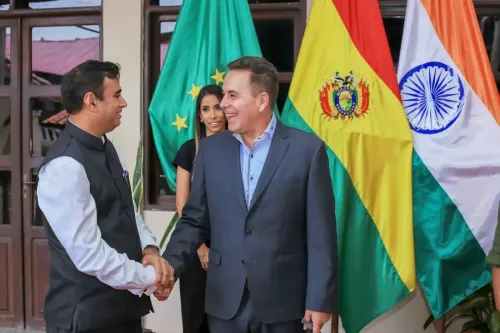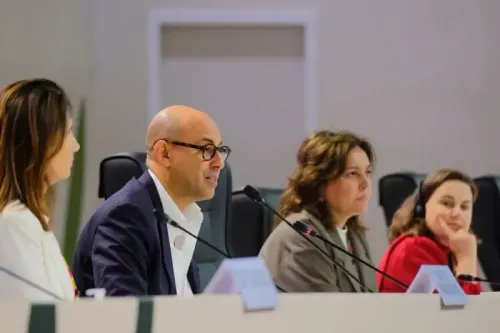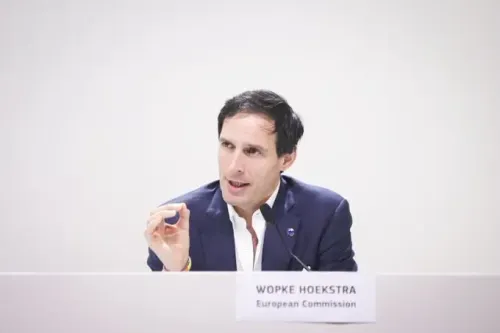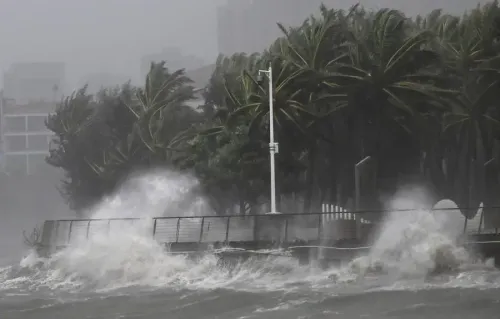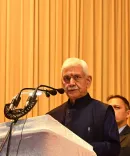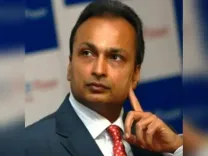Why Has the Next Round of Talks with the US Been Postponed at Oman's Request?
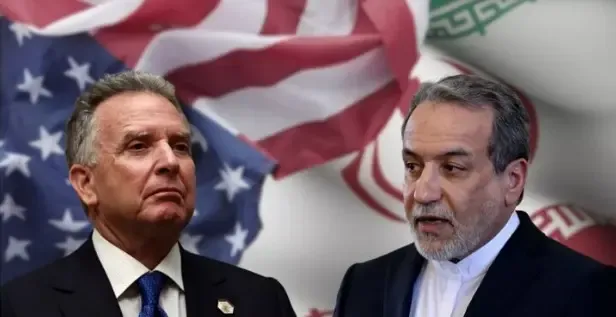
Synopsis
Key Takeaways
- Talks postponed at Oman's request for logistical reasons.
- Iran emphasizes its commitment to diplomacy and a fair agreement.
- US sanctions continue to impact Iran's economy and negotiations.
- The role of Oman as a mediator is crucial for regional stability.
- Previous agreements like the JCPOA have been undermined by US withdrawal.
Tehran, May 2 (NationPress) The spokesperson for Iran's Foreign Ministry, Esmaeil Baghaei, announced that the fourth round of indirect nuclear discussions with the US, originally set for Saturday in Rome, has been deferred based on a proposal from Oman. This update was shared during a press briefing on Thursday, with new dates to be disclosed later by the ministry.
Baghaei reiterated Iran's commitment to employing diplomacy to protect the nation's legitimate and legal interests, aiming to lift sanctions and reduce economic strain on Iran, as reported by Xinhua.
He emphasized that since initiating the negotiations with goodwill, the Iranian delegation has been focusing on specific frameworks aligned with the country's core positions under international law regarding the peaceful use of nuclear energy and the elimination of unlawful sanctions. This showcases their seriousness in engaging in result-oriented discussions aimed at reaching a just, rational, and sustainable agreement.
Earlier on Thursday, Omani Foreign Minister Sayyid Badr bin Hamad Al Busaidi officially declared on social media that the fourth round of talks had been postponed for logistical reasons, promising that new dates would be shared once mutually agreed upon.
The administration of former President Donald Trump has stated its objective is to prevent Iran from developing a nuclear weapon, although Tehran has consistently denied this intention, presenting its nuclear program as a civilian energy initiative.
However, the Trump administration has suggested that its goals may include the complete dismantlement of Iran's nuclear enrichment program.
In mid-April, US special envoy Steve Witkoff issued a statement asserting that Iran must halt and completely dismantle its nuclear enrichment and weaponization efforts as part of any final agreement.
Before the postponement was made public, Iran accused the US of demonstrating contradictory behavior and making provocative remarks regarding the negotiations.
On the previous day, the US executed a series of aggressive actions under its maximum pressure campaign against Iran, further straining relations. The US Department of State imposed sanctions on seven entities involved in Iranian oil product trade, claiming the proceeds support terrorism and its proxies. Additionally, Defense Secretary Pete Hegseth warned that Iran's support for the Houthis, a Yemen-based armed group, could provoke a US response.
Trump later warned the international community to cease purchasing Iranian oil products, stating, "Any country or individual purchasing any amount of oil or petrochemicals from Iran will face immediate secondary sanctions. They will be barred from engaging in any business with the United States."
Despite the escalating tensions, Iran’s Ministry of Foreign Affairs indicated that Thursday's postponement was made at the request of Oman's Foreign Minister. Baghaei reaffirmed Iran's resolve to secure a fair and lasting agreement with the US.
Over the years, successive US administrations have aimed to prevent Iran from obtaining a nuclear weapon. A significant effort led to the 2015 Joint Comprehensive Plan of Action (JCPOA), a multilateral agreement that provided Iran relief from sanctions in exchange for curtailing its uranium enrichment and allowing inspections of its nuclear facilities.
However, after Trump took office and withdrew the US from the JCPOA in 2018, the deal deteriorated. During his first term from 2017 to 2021, Trump pursued a maximum pressure campaign against Iran, a strategy he has resumed since returning to office in January.
Oman has played a crucial role in facilitating dialogue between Iran and the US, aiming to bridge the gaps between the two nations and foster regional stability. The first and third rounds of talks were held in Muscat, Oman, on April 12 and April 26, with the second round taking place in Rome on April 19.

